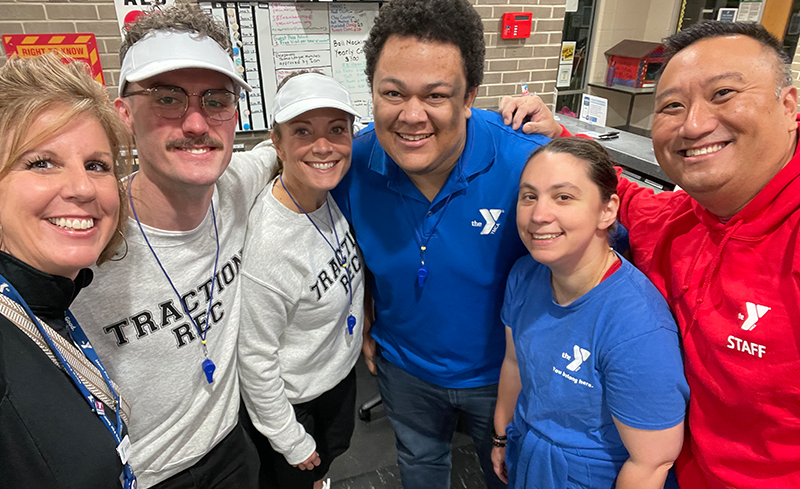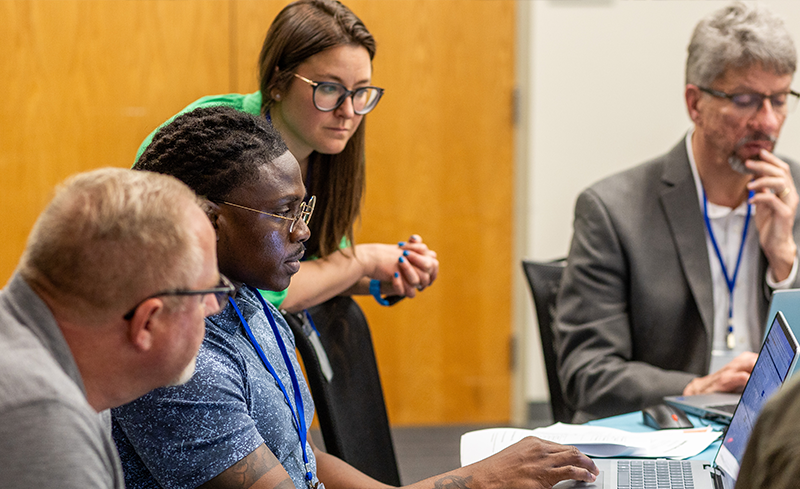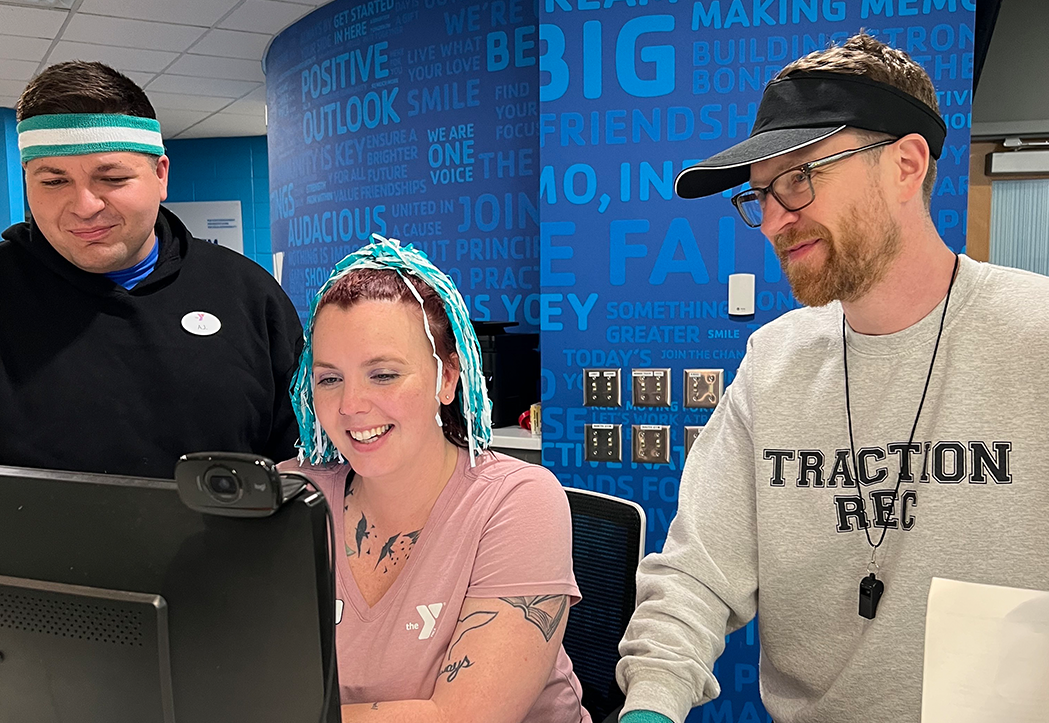It’s one thing to feel like your CRM isn’t working quite right.
It’s another to start a conversation about it, especially when change feels big, unclear, or out of reach. Maybe your team is working around limitations. Maybe things “mostly work,” but not without frustration. Maybe you’re hearing the same quiet concerns, over and over again.
But even if no one’s ready to act yet, there’s still a place to begin.
You don’t need a proposal. You don’t need to have all the answers. Sometimes, progress just starts with asking better questions. And opening the door to clarity!
Why starting early matters (even if change feels far away)
Bringing up a CRM switch can feel risky, especially in community organizations where trust is high and capacity is tight. If you’ve been through a rough implementation in the past (or heard stories), it's understandable that your team might hesitate.
But the best time to start isn’t when everything’s urgent. It’s when you have the space to reflect without pressure.
Starting early gives you time to:
- Build alignment across teams
- Explore what’s working and what’s not
- Avoid the reactive, stressful path later on
You don’t need a budget. You don’t need a plan. You just need to start noticing and naming what’s getting in the way to begin.
1. Start with what you’re noticing, not what you want to fix
You don’t have to walk in with a pitch. Just start by observing what’s happening. Try something like:
- “I’ve been thinking about how much effort it takes just to get the basics done.”
- “It seems like we’re using a lot of outside tools or taking extra steps to fill gaps.”
- "I’m noticing a lot of things that feel like workarounds."
- “I’m wondering if we've outgrown parts of our system.”
This approach isn’t about blame or urgency. It’s about surfacing shared truths gently. It makes it easier for others to join the conversation, not shut it down.
Key takeaway
You don’t need to be ready to switch to start getting clarity.
Starting the conversation early creates space for reflection, alignment, and better decisions later.
2. Ask questions that create reflection, not resistance
People rarely respond well to “We need to change.” But they often respond well to, “What’s feeling hard right now?”
Here are a few helpful questions to bring into your next team discussion:
- Where does the work feel most frustrating or inefficient?
- What are we doing outside the system just to make things work?
- Do we have the information we need when we need it? Or are we chasing it down?
These questions don’t require technical answers. They create space to reflect. And they help people feel seen and heard which goes a long way to build trust, not tension.
3. Use simple tools to give the conversation structure
Not everyone’s comfortable talking about tech. That’s okay. The right tools can give your team something concrete to respond to:
- A self-assessment to explore where things are working, and where they’re not
- A vendor checklist to begin identifying what your team would want in a CRM
- A timeline template to show how change could actually happen in manageable phases
These tools can create clarity and often, momentum. They help people go from “I don’t know where to start” to “Okay, I can see the next step.”
Getting started
You don’t need a plan to take the first step.
These practical tools are designed to help community organizations reflect, align, and explore what’s next at their own pace.
4. You’re not proposing a switch, you’re creating alignment
One of the most common reasons CRM projects stall isn’t the platform, it’s people. Or more specifically, readiness. When internal teams feel rushed or uncertain, even the best tech won’t land well. That’s why starting small matters:
- You’re creating alignment, not urgency
- You’re making the invisible visible
- You’re building confidence, not pushing change
You don’t need all the answers. You just need to create a shared sense of what’s not working… and what might be possible.
Quick takeaways to help you start the CRM conversation
- Lead with observations. You don’t need to fix it all, just name what’s getting harder.
- Ask questions that create space. Where is your team stretched? What’s being worked around?
- Bring structure, not pressure. A checklist or timeline gives shape to the conversation.
- You’re not pitching, you’re preparing. Shared clarity today leads to smarter decisions tomorrow.
Even one small conversation can help your team move forward with less resistance and more confidence.
You don’t have to figure it all out today
If you’re the one noticing that the system isn’t keeping up, that’s not a burden. It’s insight. And you don’t have to fix it alone. But you can help your team take the first step. Whether or not you’re ready to switch CRMs, you deserve tools that help you explore what’s next, at your own pace, with your mission in mind. And even if all you do today is reflect on what’s working and what’s not? That’s progress.
Want tools to help you get started? Download these free resources
Evaluating and upgrading your CRM platform can feel like a big leap, but with the right tools in hand, and teams aligned together, it’s really a journey you can manage confidently.
Download our CRM Migration Guide. It's a compilation of practical resources like a self-assessment scorecard, vendor questions checklist, and project timeline template to get you started and set you up for long-term success.


























